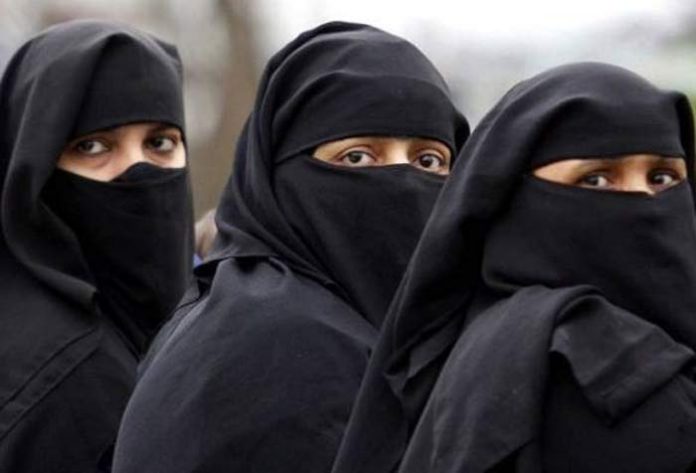New Delhi, (IANS): The Supreme Court is likely to pronounce on Tuesday its verdict on the constitutional validity of triple talaq – a practice already described by All India Muslim Personal Law Board (AIMPLB) as “horrendous”, “sinful” and “undesirable” which had no sanction of Holy Quran and Shariat.
The five-judge bench of Chief Justice Jagdish Singh Khehar, Justice Kurian Joseph, Justice Rohinton Fali Nariman, Justice Uday Umesh Lalit and Justice S. Abdul Nazeer will pronounce verdict on the validity of the contentious custom which is in practice for last 1,400 years but illegal in many Islamic countries.
The hearing, spread over five days from May 12 to May 18, was rooted in the apex court’s October 16, 2015 order directing the separate listing of a PIL addressing the question of the rights of Muslim women.
At the outset of the hearing, the court had made it clear that it would not examine the validity of anything that formed an intrinsic part of Islamic religious practices – thereby ousting any submissions on polygamy.
The court had framed three questions to be addressed by all the parties that included whether triple talaq was fundamental to Islam, whether it was sacrosanct to Islam and whether the practice was an enforceable fundamental right.
In the course of the hearing, the AIMPLB issued an advisory to telling the qazis to give an option to Muslim women to opt out of instant triple talaq before giving consent for ‘nikah’.
In their affidavit before the court, they said that qazis all over the country have been instructed that they would while performing nikah, record in the Nikahnama, that the bride has opted out of triple talaq in one sitting.
Senior counsel Salman Khurshid, who was assisting the court in the matter, had said that “What was sinful in theology, can’t be good in law”.
“It (triple talaq) is not only not an essential part of Muslim religion, it is not a part of religion at all. On the contrary it is depreciated by Islam,” he said.
However, the court was not appreciative of the government position that the top court should first pronounce on the constitutional validity of the triple talaq and other forms of talaq, only then it would bring a law.
“We may or may not (decide the issue), but you do,” Chief Justice Khehar had said when the Central government told the court that it should step in a situation where there is no legislation.
While founding its case on gender equality, the government had linked the issue of triple talaq with that of constitutional morality, but the court termed its position a “whitewash”.
As the Centre sought to flag the issue of gender equality of Muslim women vis-a-vis women in other religions and in Islamic countries, the AIMPLB asked it to bring a law taking recourse to Article 25 (2)(b) of the Constitution that permits enactment of law invoking social reforms.
However, AIMPLB had cautioned the constitution bench that “testing the validity of customs and practices was a slippery slope”.


